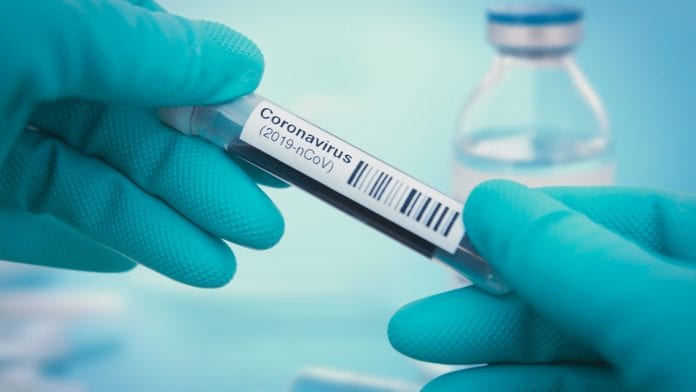
The UK is to embark on a major, government-funded immunity study that will track the spread of the novel coronavirus infection in the population, and investigate whether the immune response to COVID-19 differs between people with different genetic backgrounds.
The immunity study will track around 20,000 people, measuring blood antibodies to help determine what proportion of the population has already had COVID-19, the duration of immunity after being infected, and why the virus affects people differently.
Secretary of State for Health and Social Care Matt Hancock said: “Our response to this pandemic is rightly guided by the science and based on the best available evidence – so I’m determined to do everything we can to learn more about coronavirus.”
The study, developed by the Wellcome Trust, will be led by UK Biobank and supported by the Department for Health and Social Care (DHSC). and will draw on the scientific expertise of the University of Oxford, forming ‘Pillar 4’ of the Government’s COVID-19 testing strategy.
How will the study be conducted?
The study participants will be chosen from existing, and consenting, UK Biobank volunteers, as well as their adult children and grandchildren. Each month, participants will be asked to provide a sample of blood using a finger‐prick device and to complete a short questionnaire about any relevant symptoms they may have experienced. The de-identified samples will be returned to UK Biobank for processing before being sent for validated antibody testing at the University of Oxford.
UK Biobank Principal Investigator, Sir Rory Collins, said: “We believe most people have mild or no symptoms of infection with coronavirus, but a small proportion fall very ill. This study will help determine the proportion of people who have been infected and, crucially, how long they are immune from further infection.
“Much better understanding of what proportion of the population has been infected, how long antibodies to coronavirus stay in the blood, and whether immunity wears off, are vital to managing this pandemic.”
The information collected from the participants will help inform future Government strategy on the ongoing response to the virus, including lockdown and social distancing measures.
Naomi Allen, Chief Scientist of UK Biobank, said: “Colleagues at Oxford’s Target Discovery Institute have developed, in record time, an accurate test for measuring antibody levels to coronavirus, which will help us to understand what proportion of the population have been infected and how long immunity is likely to last for. This study is therefore hugely important to help us manage the longer-term consequences of the pandemic.”
Public Health England is also analysing blood samples from people across a wide range of ages, locations and professions, to help detect past and current rates of infection as well as any changes in the virus.







